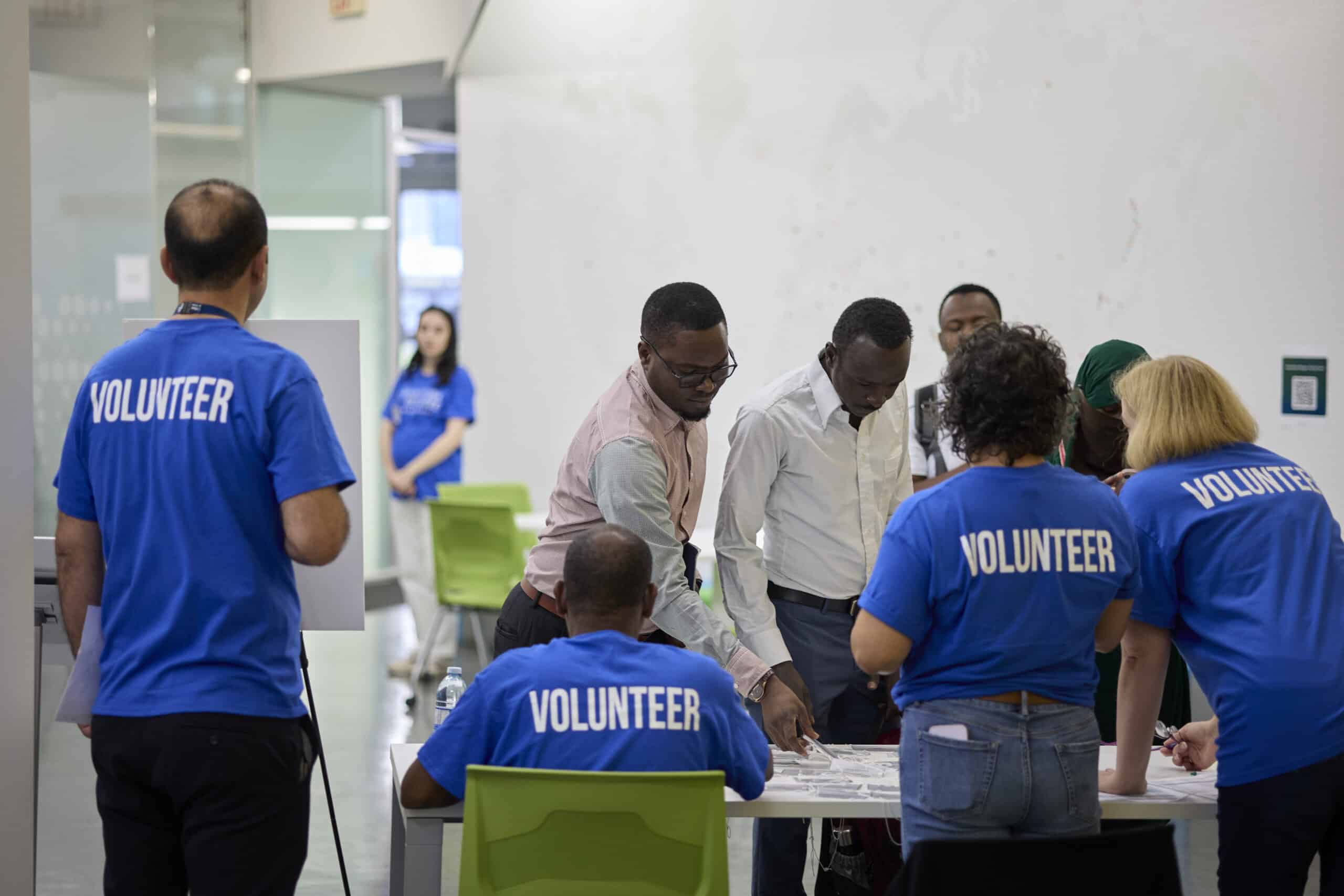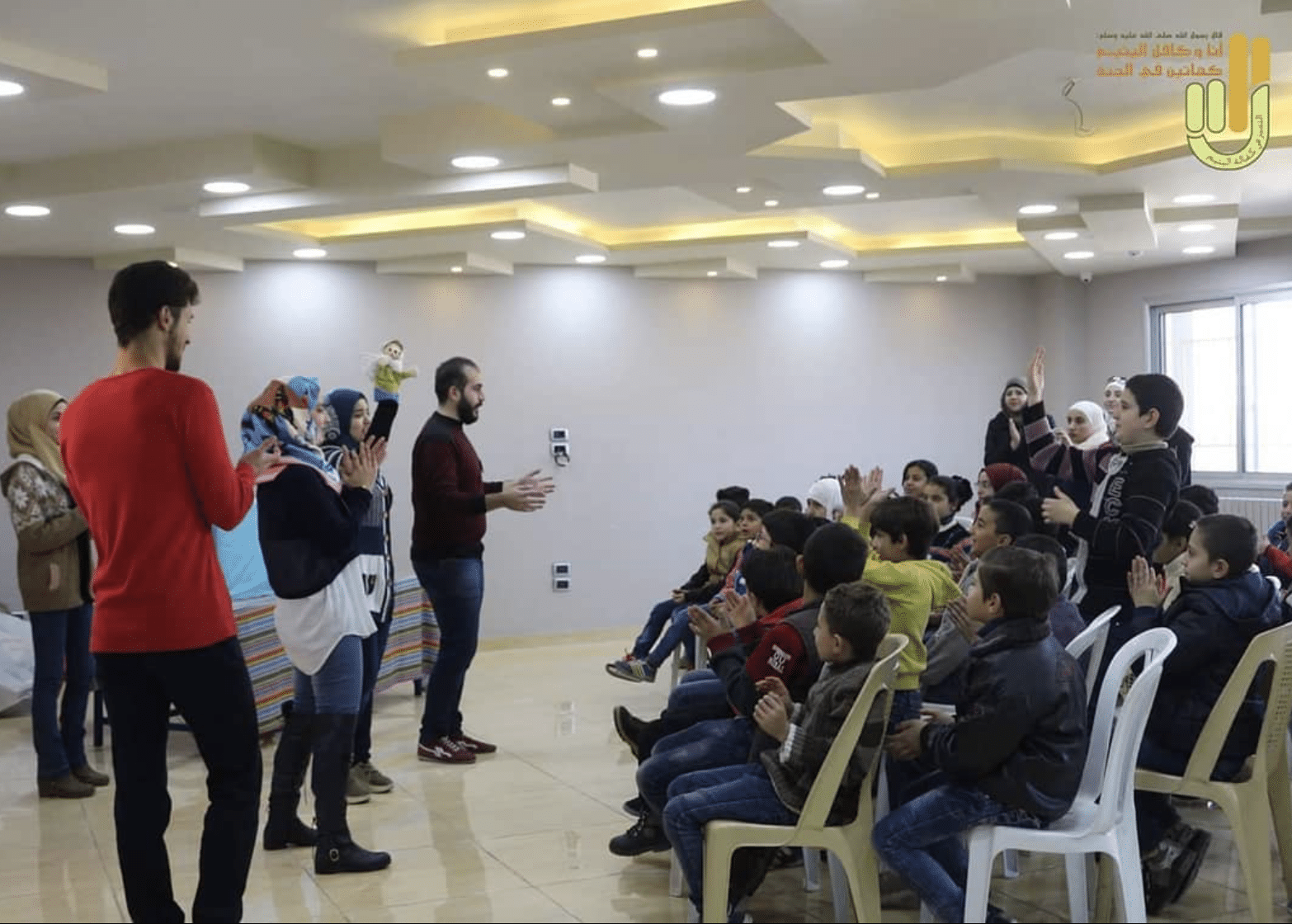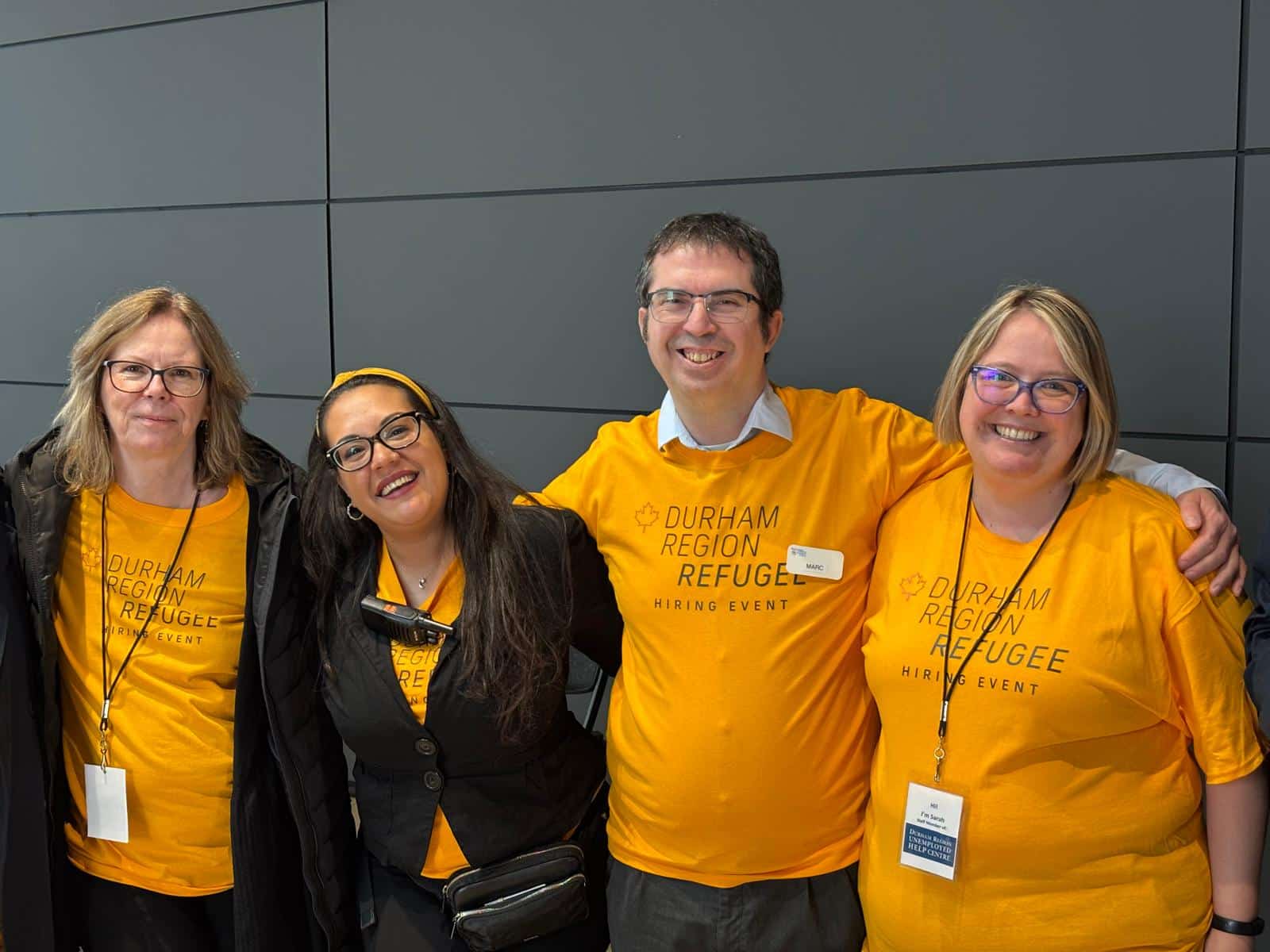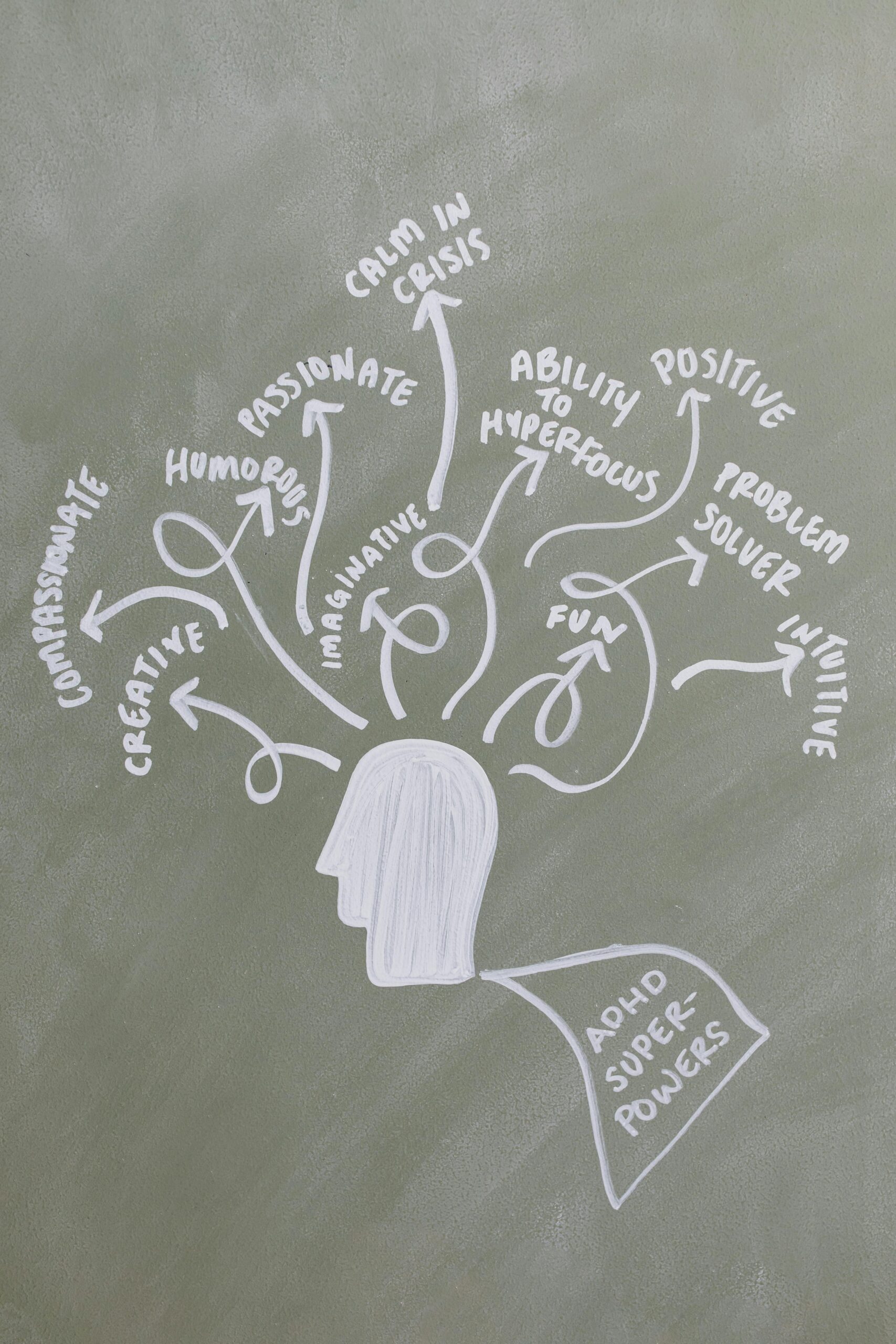What Happens After a Refugee Lands a Job? Navigating the Next Chapter of Settlement
For many refugees, landing a job in their new country is a huge milestone. It represents more than just a paycheck. It is a symbol of stability, purpose, and the chance to rebuild a life that was once disrupted. However, while securing employment is a significant achievement, it is only one part of the settlement journey. What comes next is equally important: maintaining employment, integrating into the workplace culture, balancing personal growth, and planning for the future.
The Emotional Shift: From Survival to Stability
After months — or even years — of navigating resettlement programs, language barriers, unfamiliar systems, and possibly trauma, getting a job can bring a surge of relief and pride. Many refugees report feeling a renewed sense of dignity and self-worth when they begin earning for themselves and their families. But the shift from survival mode to stability is not always smooth.
The workplace introduces new expectations, responsibilities, and cultural norms. Adjusting to a different pace of life — structured work schedules, performance metrics, and unfamiliar workplace etiquette — can be overwhelming. This emotional transition requires both time and support.
Building Confidence in a New Professional World
Even with the right skills or experience, many refugees find it challenging to navigate professional environments in Canada due to cultural differences and language nuances. A meeting that feels too fast-paced, unclear job expectations, or communication barriers with colleagues can all affect confidence.
This is where mentorship, coaching, and onboarding programs are critical. Refugees who have access to post-employment support — like peer support groups or mentorship from someone in a similar background — often adapt more quickly and feel more empowered. Employers also play a major role by fostering inclusive environments and offering clear, consistent feedback.
Refugees Bring More Than Just Skills
Landing the first Canadian job is often the gateway for refugees to begin truly understanding Canadian workplace culture. They start to build professional networks, expand their knowledge, and find ways to contribute to the economy — not just as workers, but as innovators, leaders, and changemakers.
Their status shifts: from refugee to productive team member, from recipient of services to contributor to Canada’s growth. With fresh perspectives, diverse experience, and resilient mindsets, refugees infuse the Canadian workforce with a new spirit and energy. Their unique journey builds a foundation for extraordinary performance.
Refugees have already overcome significant obstacles before arriving in Canada — whether fleeing war zones, surviving displacement, passing language exams, or enduring long border processes and financial hardship. This lived experience creates a deep inner strength. Refugees are resilient and driven. They don’t take opportunities for granted, and once they land a job, their goals extend beyond personal comfort. They often choose to start small businesses—like Manal’s Chocolate or Marie’s Beauty Salon.
Many think beyond themselves. Supporting their families both in Canada and back home becomes a priority, fueled by a deep empathy and firsthand understanding of instability. Refugees carry their communities with them and are often deeply motivated to give back.
What is often misunderstood is that refugees do not just migrate from country to country out of desperation—they move with a dream. A dream to land in a country where they can bring their talents, skills, and values to make a real impact. Their journey deserves recognition, not pity. They carry stories of sacrifice and survival, but also of hope and ambition.
The Financial Learning Curve
Starting a job also means managing income for the first time in a new currency and financial system. For many refugees, budgeting monthly expenses, understanding taxes, and navigating credit systems is a new and complex world. Without financial literacy, even well-paid jobs may not lead to long-term security.
Organizations that offer workshops on financial literacy — covering topics like budgeting, taxes, opening a bank account, and planning for savings — help refugees make informed decisions and reduce stress. Employers and community organizations can collaborate to deliver these resources in the refugee’s first language or through visual and accessible formats.
Career Progression and Long-Term Goals
The first job a refugee gets is often not their “dream job” or the one that reflects their true qualifications. It may be a steppingstone—a way to gain Canadian experience, build a local network, and prove reliability. But what happens next?
Career progression is not always straightforward for refugees. Language barriers, lack of recognition of international credentials, or limited understanding of how to ask for promotions or apply for better opportunities can trap refugees in entry-level positions longer than necessary.
This is where wraparound services — like career counselling, credential bridging programs, and upskilling workshops — are essential. Refugees need to know they have the right to grow, to ask for more, and to dream bigger. It’s not enough to say “you have a job.” We must also ask, “How can you thrive in this job, or move on to something better?”
Personal Life: Balancing Work and Family Responsibilities
While employment can bring financial stability, it also adds pressure — especially for parents. Managing childcare, school schedules, and family responsibilities while adapting to a new job can be exhausting. Refugees often lack extended family networks to help, and navigating daycare systems or school communication adds more complexity.
Flexible work policies, community childcare support, and access to mental health services can make a big difference. It is important to acknowledge that employment is only one part of the puzzle — true integration requires that refugees can live well outside of work too.
The Role of Community and Belonging
Finally, one of the most powerful things that happens after a refugee starts working is the sense of belonging that begins to grow. Work provides a sense of routine and a chance to form friendships and feel part of a community. But this only happens if the workplace is inclusive and welcoming.
Simple gestures — from colleagues inviting someone for lunch, to HR teams acknowledging religious holidays — can help a refugee feel seen and valued. The ripple effect of inclusion extends beyond the workplace and into the larger community.
Key Takeaways
- Employment is a milestone, not the finish line. Refugees need continued support even after they get hired to thrive and grow.
- Refugees offer more than labor—they offer resilience, perspective, and innovation.
- They are often highly motivated to succeed, support others, and start businesses or requalify their skills.
- Post-employment services, mentorship, and inclusive workplaces make a major difference.
- Supporting refugee workers is an investment in a stronger, more diverse, and compassionate Canada.








